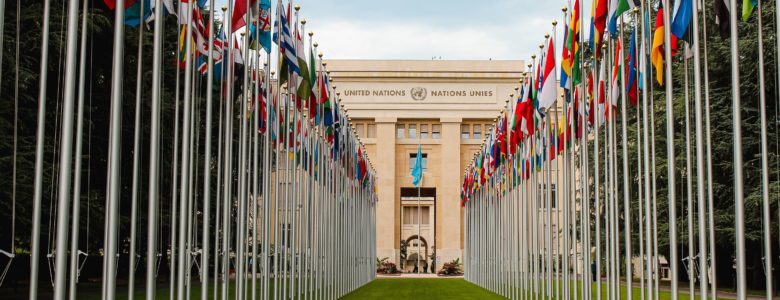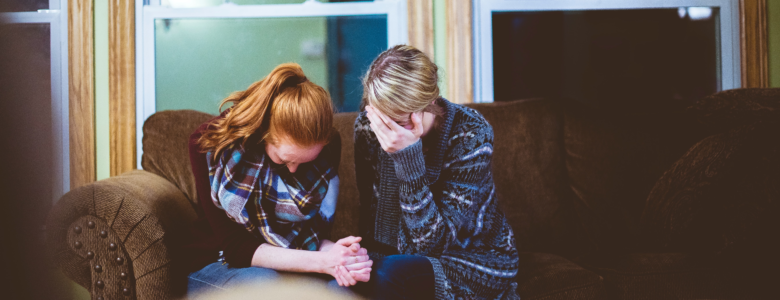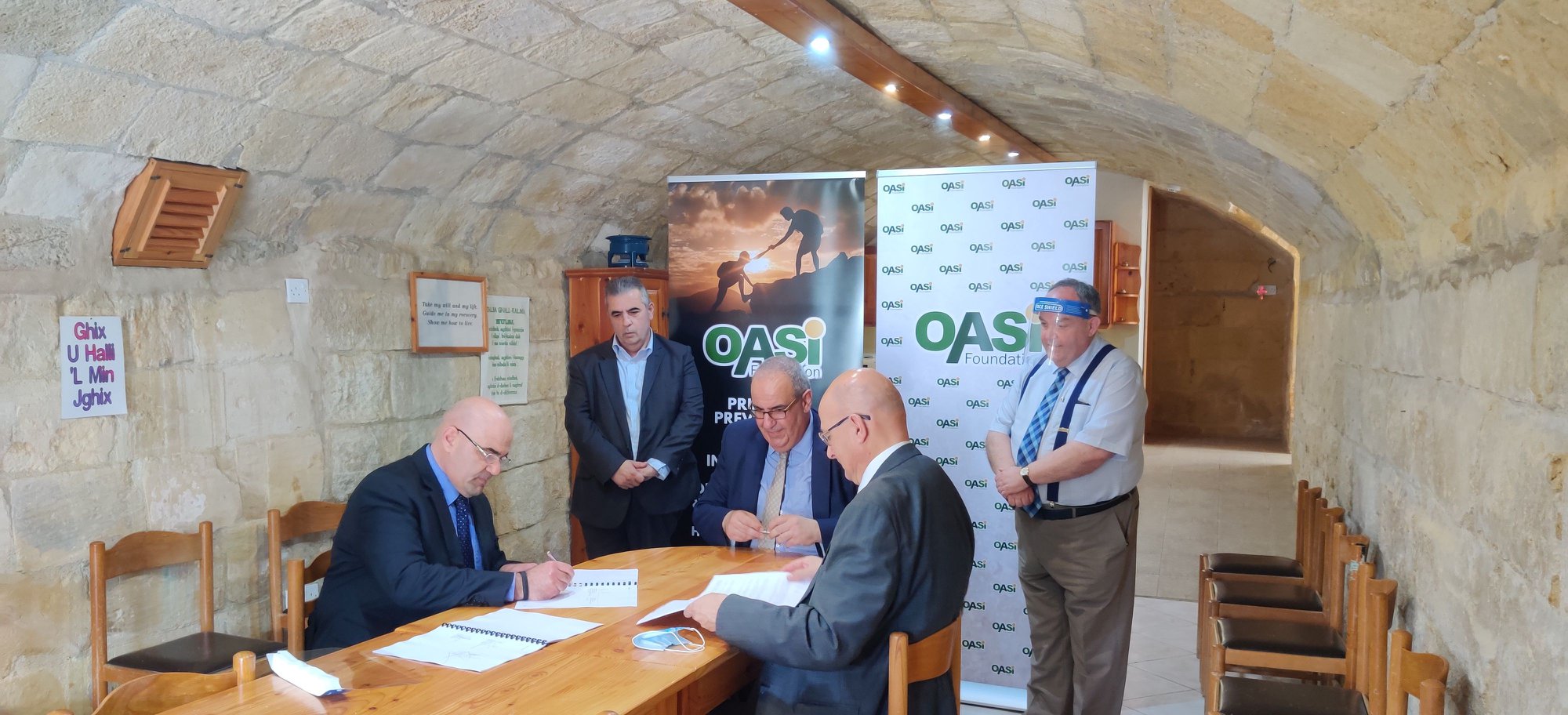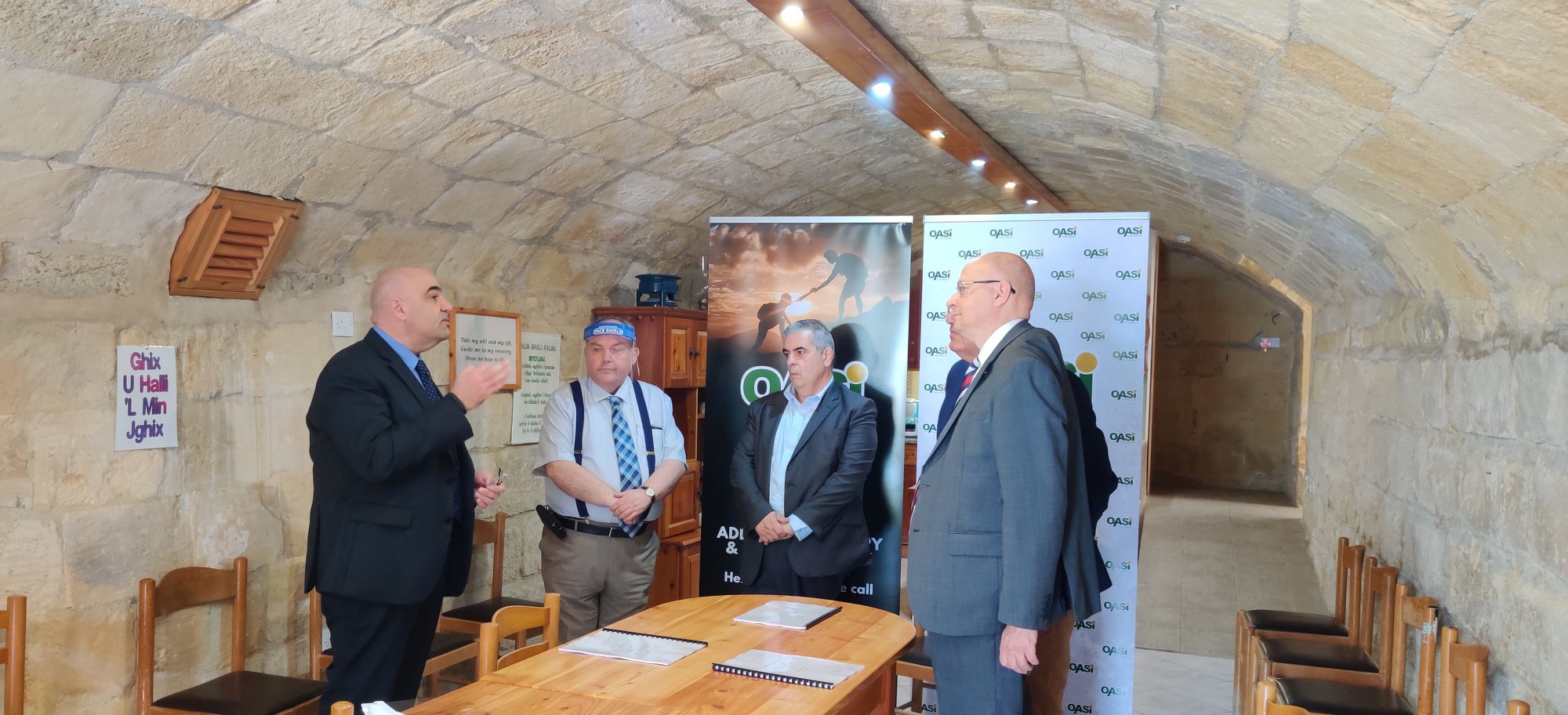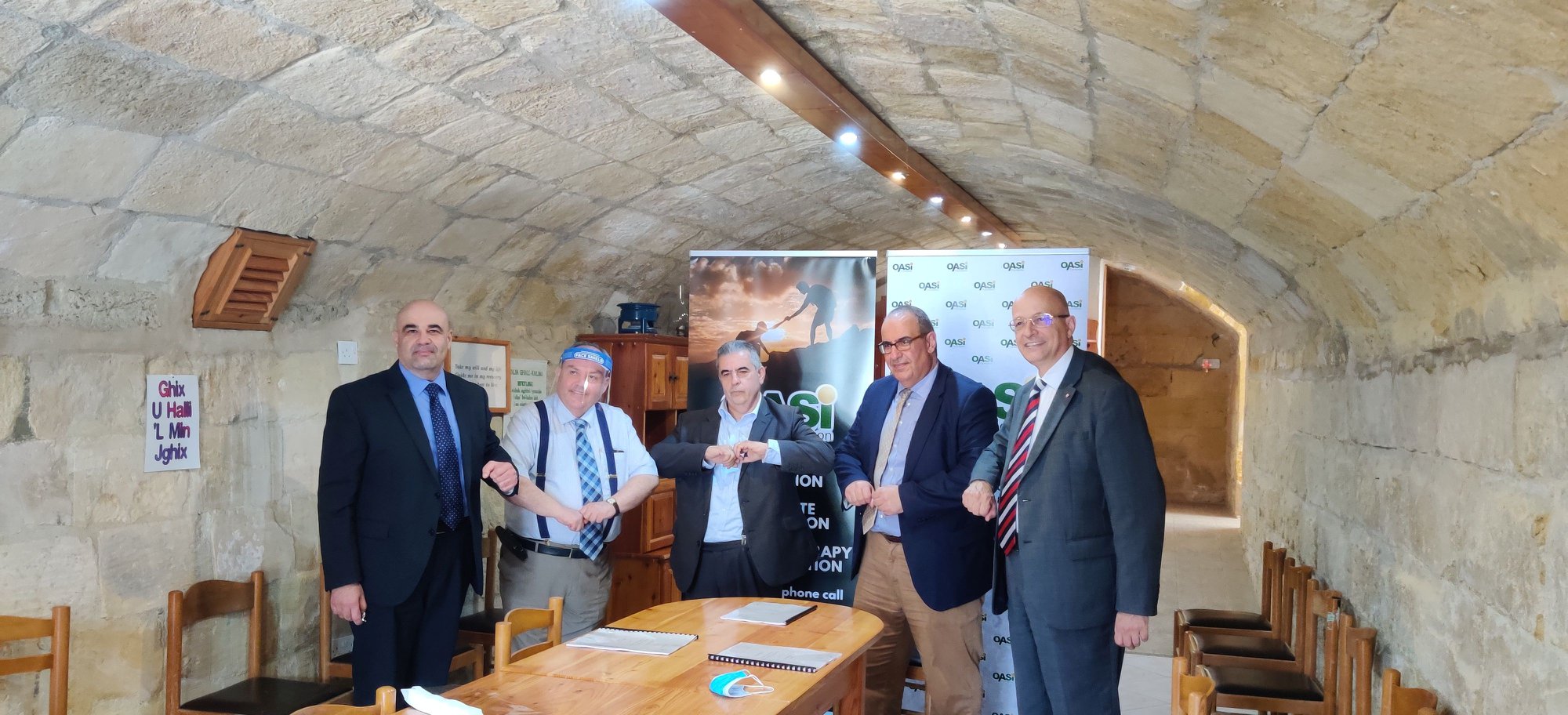What made you aware that your husband had an addiction problem?
It took me a long time to realize and accept that he had a problem. I was aware that my husband had depressive symptoms. But it was a particular tragedy in our lives that escalated the gravity of the situation. I hoped that things would get better by time and everything would return to normal. I have lived with this hope for a long time. Many times, I tried to escape from the reality of the problem because I didn’t want to accept it.
During my husband’s heights of his addiction, I avoided meeting people close to us and detached myself from social activities, feeling like I was escaping from the reality we were living in - the reality of fear and heartbreak, especially when I realised that he was losing out on the life of his family — mostly of his own children. Many times, I would end up accepting the situation at that moment and forgive him, but by doing so, instead of helping him and us, I was making the situation even worse. When he used to return home, I would notice immediately that he was not well and this this was happening on a daily basis. Before he entered the program, I avoided all confrontations because I didn't have the energy to fight this reality. Financially, the indications were very clear and psychologically the situation was eventually breaking us down.
Every time my husband used, he would become very impulsive and the reactions were not nice. I would spend many nights lying awake waiting for him to come home and praying that when he arrives, he won’t put up a scene!? Many times, I used to call him to come home! After long, sleepless nights, I would wake up dreading the fact that he will not be getting up to go to work...it was a life of fear and restlessness! Over time I noticed that he was losing weight and that his health was starting to decline. He started to have tremors and he was becoming tensed and the stress he had was indescribable.
What were your feelings when you realised that he had a problem? What was your first reaction?
It took me a long time to admit it to myself. I probably realized it early but I took a long time to react to the problem. There were people who approached me and told me about the gravity of the situation while others decided not to speak. I was often angry as I could never understand how a person could hurt himself and those around him so much. I knew my husband differently. I knew him to be serene and very kind hearted. I knew him as a man who was always willing to do anything for his loved ones and therefore, I was too reluctant to admit that he was an addict and that he needed help from people outside his family. In the midst of his addiction, he continuously lied and began to keep things from me. Before he entered the program my level of anger became so high that it came to a point where we both saw that we had hit rock bottom and something needed to be done to save our relationship.
Did you try to help him yourself? If yes, why and how. If no, why not?
Yes, in the beginning I tried to help him. However, the truth is, in cases like my husband’s, professional help was the best way forward. We have always avoided the word ‘rehabilitation’ due to the sensitivity of his profession. The word was like a taboo for us; until we got to the point where we hit rock bottom and he realised that there was no way out except to seek professional therapy. The initial help we sought was psychological guidance but the problem was in too deep and only the rehabilitation program could help us.
What type of professional guidance where you personally offered prior and during your husband’s course of rehabilitation?
In truthfulness, I found great support from people who went through the similar experience I was going through at the moment. I still found help from people who never experienced addiction but the best support came from those who had already experienced the bitterness of life. Financially it was very hard because I had to cope with the income I had while my husband was pursuing the program. I was extremely worried that he would lose his job and would never find an employer to take him on knowing his problem. Our children suffered as well and felt their father’s absence. Due to the program’s fixed visiting hours, it was difficult to coordinate the right timings between the visiting hours and my working hours and the children’s school hours. The first two months were the most difficult because the children couldn’t understand why their father was away for such a long time and not allowed to go home in the meantime. But two months into the program, we noticed visible improvement. My husband was finding himself again and throughout the program, both our children and myself had found another ‘family’ that welcomed us with open arms and offered all the guidance and therapy needed to overcome the problem as a family. The therapists helped us understand that we were not the only family going through this ordeal and that we were just like many other families going through similar experiences – we needed help, support and immense love to help us out of this ugly situation. We needed someone who would teach us how to relive life in all its simplicity again.
What kind of advice would you give to those who are currently going through the problem of addiction?
Do not be afraid to come forward! No one is perfect. You might feel that your whole world is crumbling down on you but there are people out there ready to help you. A lot of people have been through your same experience and many can support you through it. The most difficult moments are when you are in denial of the situation but this lasts only until you realise and admit that there is a problem. Seek help. Never be ashamed of what you are going through because we are all human with our own weaknesses. Make sure you surround yourself with true, loyal friends! And love with all your heart. Forgiveness is not enough. You would need to learn how to live with an addiction that can always be overcome with proper support whenever needed.
There is also God for those who believe in Him. I believed and believe in Him more when I look back at my family and realise what a long way we have come after hitting rock bottom. There is nothing more beautiful than living life ‘clean’ and once you find your path, it is always advisable to stick to it.


